For decades, multivitamins have been hailed as a one-stop solution to fill nutritional gaps, improve energy, and protect long-term health. Millions pop them everyday hoping that they are giving their bodies a healthy boost. But behind the glossy ads and rainbow coloured pills is a harsh reality; for most people, multivitamins are just an expensive habit driven more by hope than hard evidence.
The Problem with Synthetic Nutrients
Most commercial multivitamins are made from synthetic isolates — laboratory-produced versions of vitamins that attempt to replicate those found in nature. These isolates are often derived from petrochemicals, coal tar, or genetically modified corn syrup, and while they may look chemically similar to natural vitamins, the body does not always recognise or utilise them in the same way.
Take vitamin E, for example. Natural vitamin E comes as a family of eight compounds (tocopherols and tocotrienols), yet most multivitamins contain only one synthetic form: dl-alpha-tocopherol. Not only is this incomplete, but some research suggests that high doses of synthetic vitamin E may actually interfere with the absorption of its natural counterparts.
Similarly, synthetic B vitamins, such as folic acid, are often included in forms that require multiple steps of conversion in the liver before becoming bioactive — a process that is inefficient for many people, especially those with common genetic polymorphisms like MTHFR.
Lack of Synergy
Whole foods deliver nutrients in complex matrices, alongside enzymes, minerals, co-factors, and phytonutrients that aid absorption and enhance bioavailability. Isolated synthetic nutrients in multivitamins lack this natural synergy. In nature, vitamin C is not just ascorbic acid — it’s accompanied by flavonoids like rutin and hesperidin that enhance its effect in the body. Stripped of these companions, synthetic ascorbic acid behaves differently, and not necessarily in a beneficial way.
Without these natural co-factors, many of the vitamins in multivitamin tablets simply pass through the digestive system unused. This is why people often jest that they’re “just making expensive urine” — and in many cases, that’s not far from the truth.
One Size Does Not Fit All
Another major flaw with multivitamins is the notion that a standardised pill can address the diverse and individual needs of millions of bodies. Nutritional requirements vary dramatically depending on age, gender, genetics, gut health, medications, lifestyle, and stress levels. A sedentary office worker and a pregnant woman have radically different micronutrient needs, yet many multivitamins treat them the same.
Worse still, multivitamins often contain inappropriate dosages — too much of what you don’t need, and too little of what you do. Some contain iron when it’s not needed (which can promote oxidative stress), or provide calcium in forms the body struggles to absorb, like calcium carbonate. Others under-dose critical nutrients like magnesium or vitamin D, offering token amounts that do little to support health.
False Sense of Security
One of the most concerning aspects of the multivitamin industry is the false sense of security it provides. Many people take a daily multivitamin as a safety net while continuing to eat a poor diet, assuming the pill fills in the nutritional gaps. In truth, no tablet can compensate for a lack of real, nutrient-dense foods.
This “nutritional insurance policy” mindset can delay more meaningful dietary changes, leading people to overlook the foundational importance of fresh vegetables, healthy fats, high-quality protein, and whole food diversity.
What to Do Instead
If you truly want to support your health, skip the supermarket multivitamins and invest in real food and wholefood supplements. Prioritise a colourful, wholefood-based diet rich in vegetables, fruits, nuts, seeds, legumes, and ethically sourced animal products. Where needed, targeted supplementation — in its wholefood form — can provide far more value than a generic multivitamin.
Consider working with a nutritionist or integrative health practitioner to assess your individual needs. If you do supplement, look for brands that use wholefood-based nutrients or activated forms (such as methylated B vitamins or chelated minerals), and avoid those loaded with fillers, binders, and artificial colours.
Wholefood Cheat Sheet
Camu Camu → Insanely high Vitamin C, plus potent antioxidants
Acerola Cherry → Sky-high Vitamin C, boosts collagen and immunity
Rosehip → Vitamin C powerhouse + anti-inflammatory benefits
Moringa → Not just iron & calcium, but 90+ nutrients in one leaf. Anti Inflammatory
Spirulina → Plant-based protein bomb, plus iron and pre-formed Vitamin A
Goji Berry → Beta-carotene rich, eye health and immune support
Black Garlic Powder → Aged garlic with powerful antioxidant S-allylcysteine
Amla (Indian Gooseberry) → Vitamin C + adaptogenic benefits for stress resilience
Baobab Powder → Vitamin C + soluble fibre for gut health and prebiotic effects
Natto Powder → Packed with K2 MK-7, essential for bone and arterial health
Sea Buckthorn Berry → Rich in rare Omega-7 for skin and mucous membranes
Wheatgerm → Vitamin E superstar, cell protection and hormone support
UV-Exposed Mushrooms → Source of Vitamin D, bone and immune health
Pumpkin Seeds → Magnesium and zinc powerhouse for mood and immunity
Hemp Seeds → Omega-3, magnesium, and complete plant protein
Blackstrap Molasses → Natural iron and minerals, sweet mineral boost
Chia Seeds → Omega-3, calcium, and fibre for sustained energy
Flaxseed Powder → Omega-3 ALA and hormone-balancing lignans
Kelp Powder → Natural iodine for thyroid support
Seaweeds → Iodine source plus trace minerals
Sunflower Seeds → B-vitamins, vitamin E, and magnesium in a crunchy package
Cacao Powder → Magnesium-rich mood booster and antioxidant hit
Acai Berry → Deep purple antioxidants for cellular protection
Chaga → Beta Glucans, Antioxidants, Triterpenes
Matcha Green Tea → L-theanine calm focus + potent antioxidants
Pomegranate Powder → Polyphenol bomb for cardiovascular health
Brazil Nut → Selenium-rich, just a pinch for thyroid health
White Beans→ High potassium and fibre for blood sugar support
Beetroot Powder → Nitrates for circulation + folate for cell health
Cod Liver Oil → Vitamin D and natural retinol for immune resilience (non-vegan)
Beef Liver Capsules → The ultimate natural multivitamin: B12, iron, vitamin A (non-vegan)
Australian Freeze Dried SpirulinaA powerful supplement for your health and wellness. Order Now |
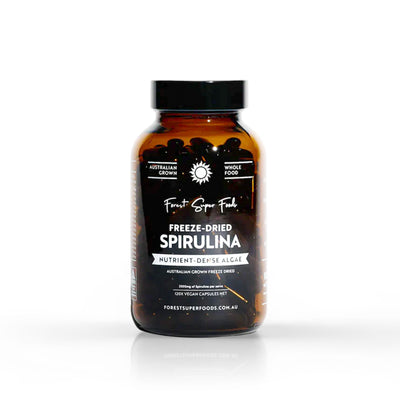
|
Frequently Asked Questions
What does Moringa do for your body?
Moringa is a nutrient-dense superfood rich in vitamins A, C, E, calcium, potassium, and antioxidants. It may help protect tissues of vital organs. It's also traditionally used for hormone and digestive support.
Who cannot take Moringa?
While Moringa is safe for most people, those who are pregnant, breastfeeding, or on blood pressure or thyroid medication should consult a healthcare professional before taking it. It's best to consult your healthcare provider before taking Moringa supplements for regular use.
Is Moringa legal in Australia?
Yes, Moringa is legal and available in Australia as a supplement.However, it is categorised as a 'novel food' which makes it unavailable as a regular food item. At Forest Super Foods, our Moringa is organically grown and meets all Australian food safety and labelling standards.
What happens if I take Moringa every day?
Daily Moringa use may support overall wellbeing, energy, and digestion. Many people experience better focus and reduced inflammation with consistent use. Just be sure to follow the recommended dose, as high quantities may lead to digestive discomfort in some people.


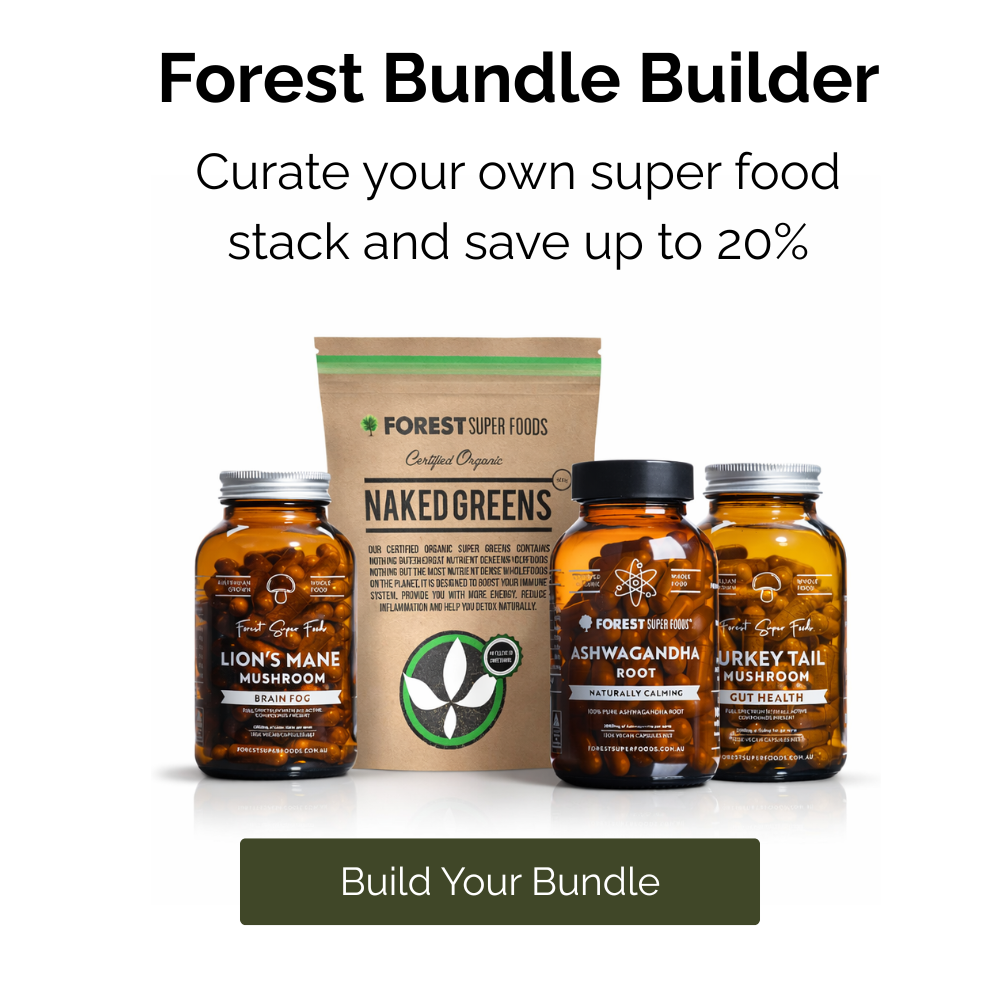
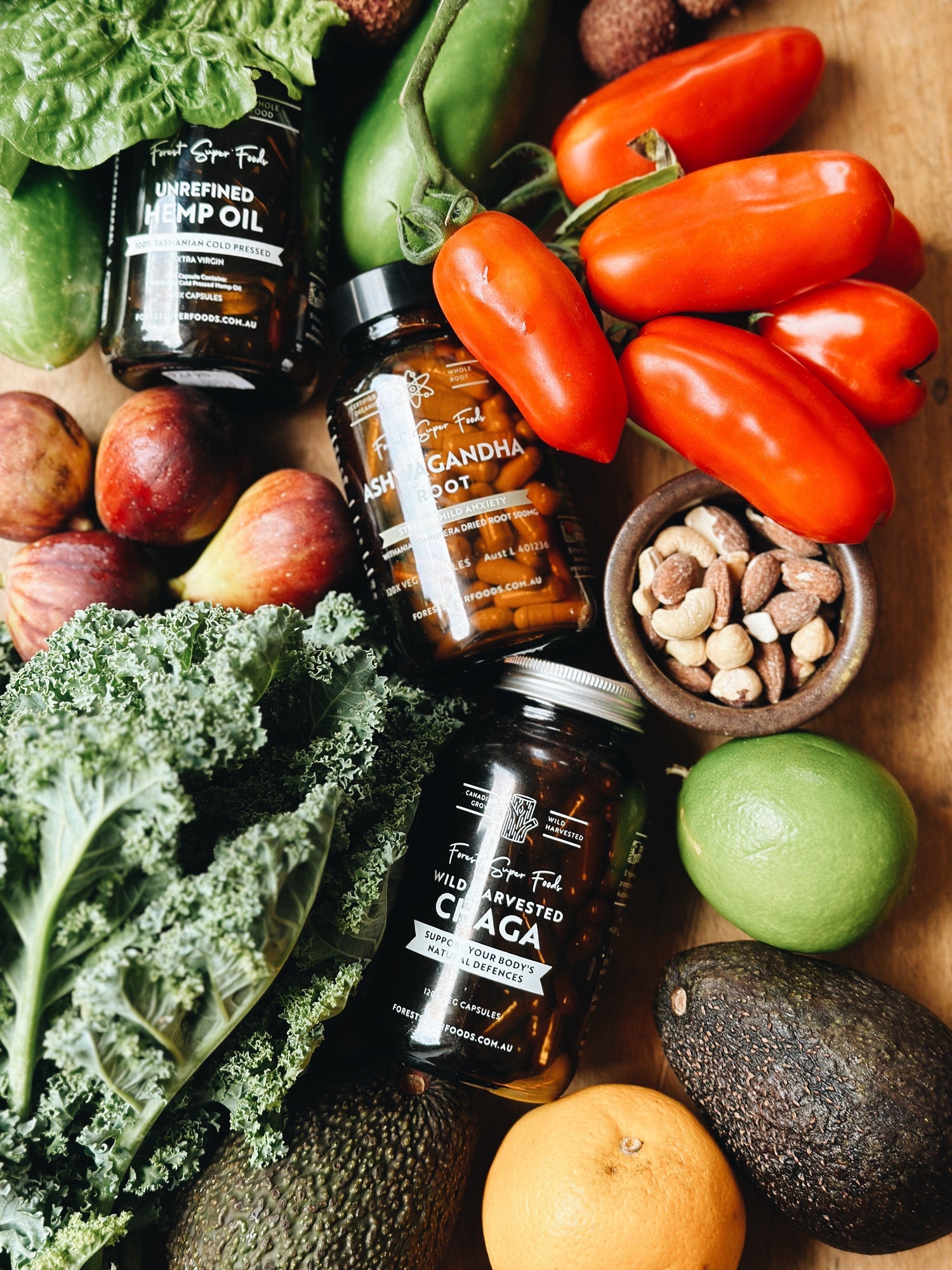



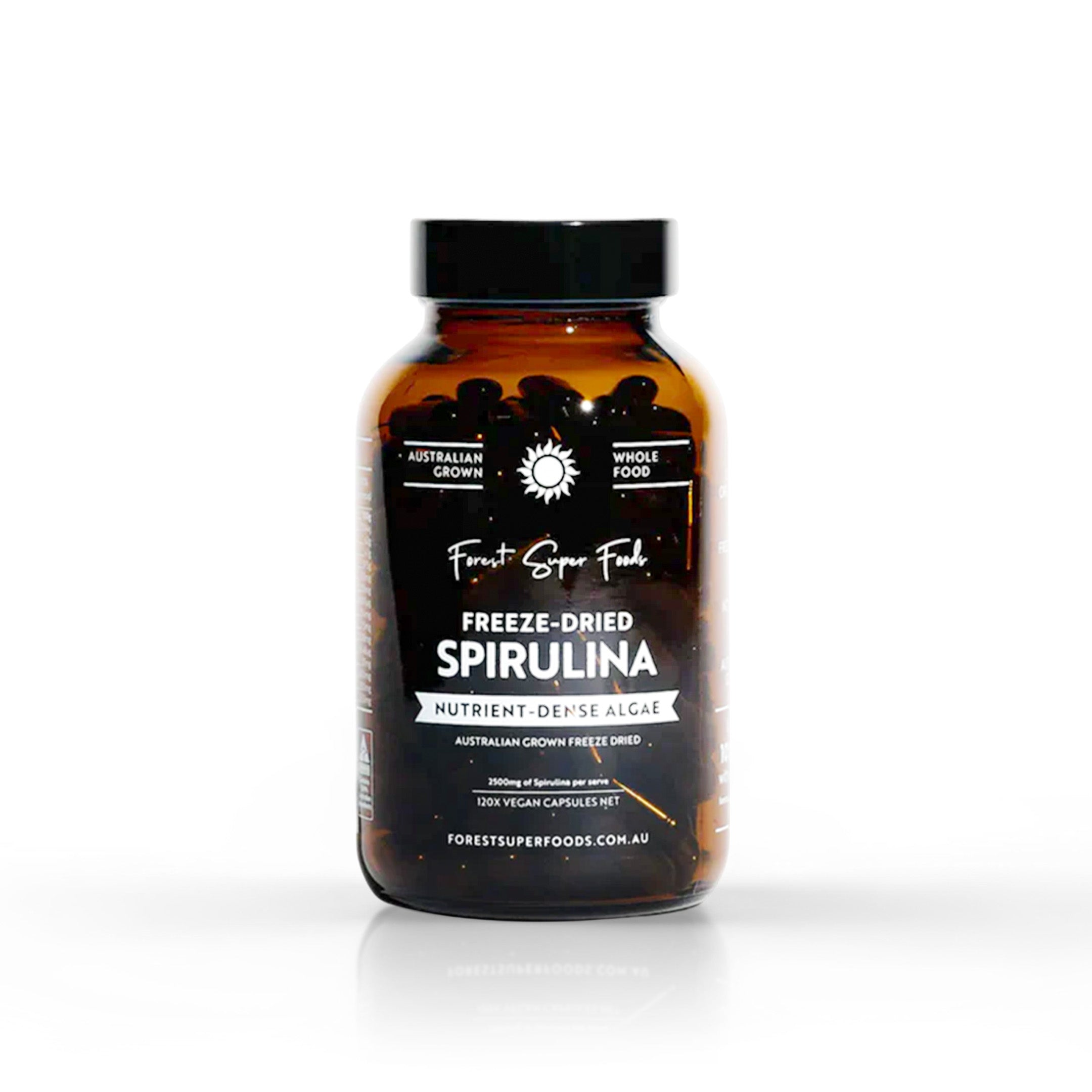
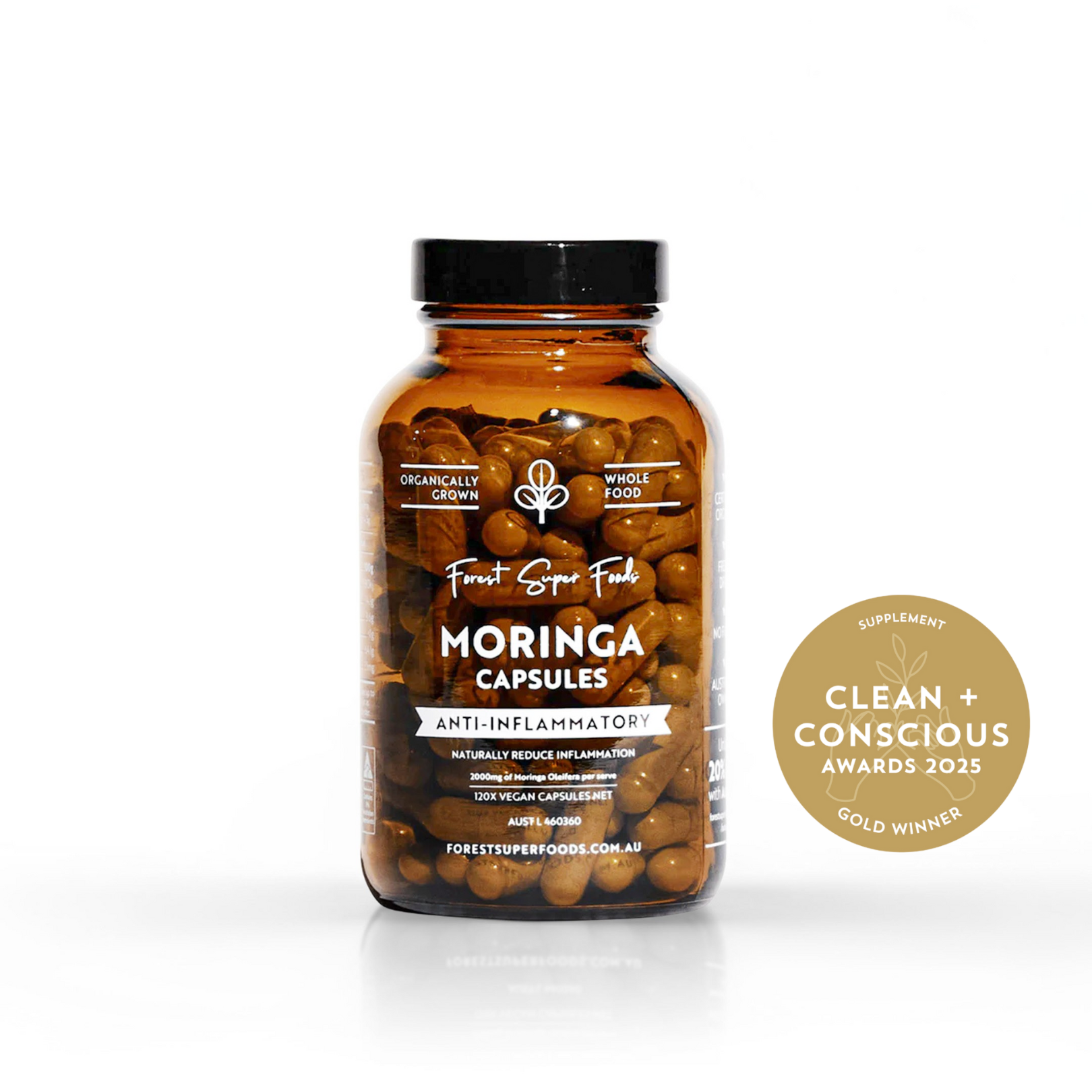
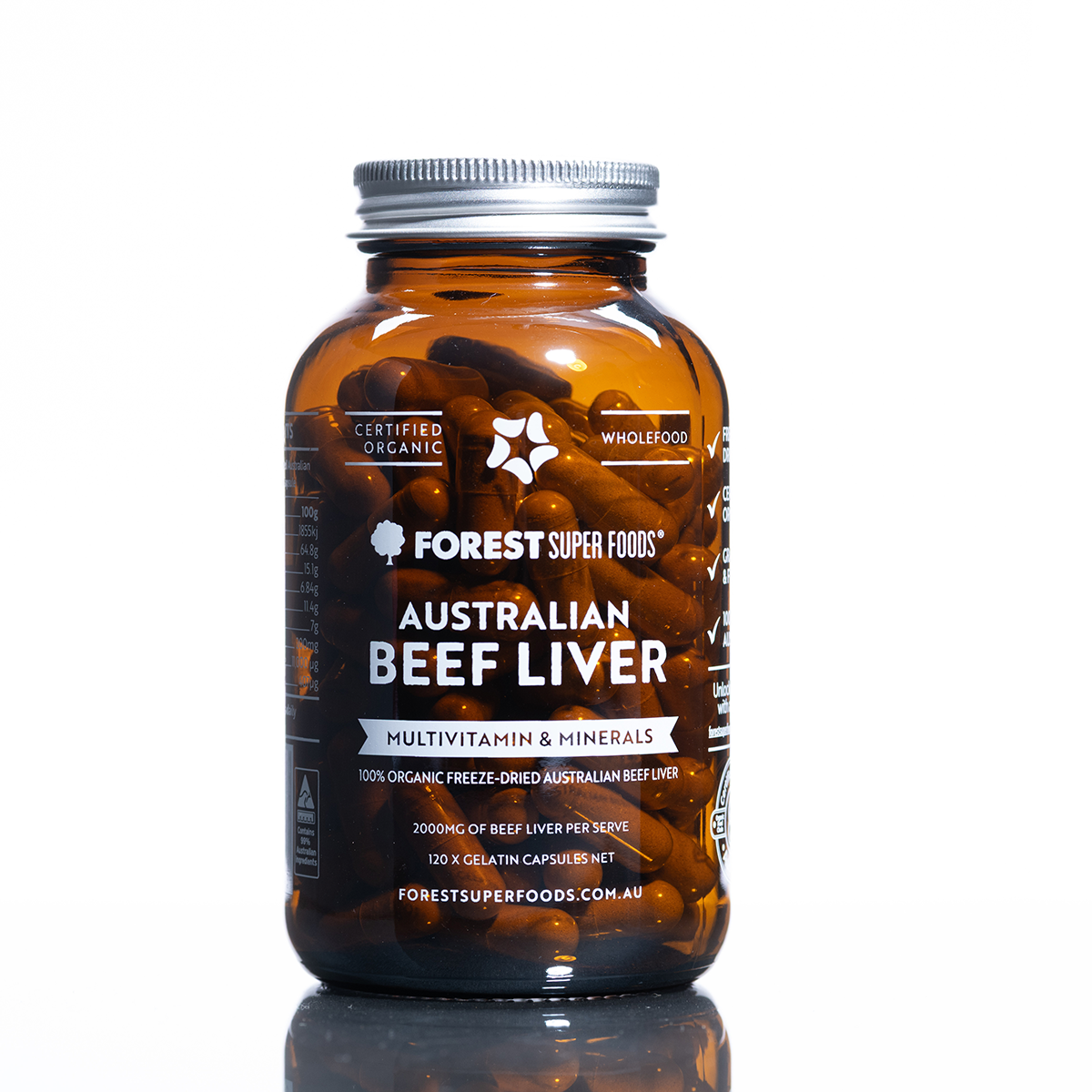
Leave a comment
All comments are moderated before being published.
This site is protected by hCaptcha and the hCaptcha Privacy Policy and Terms of Service apply.